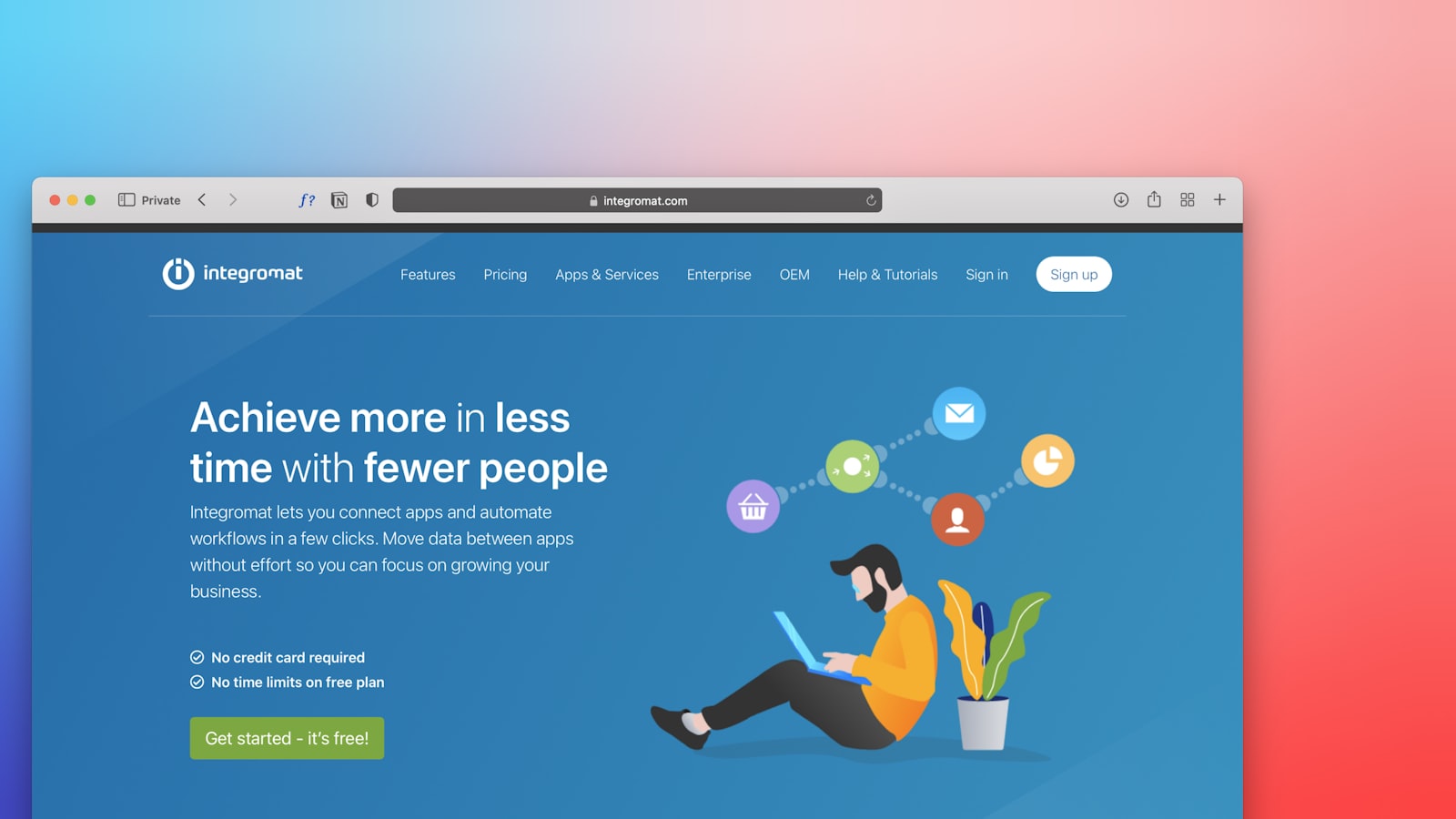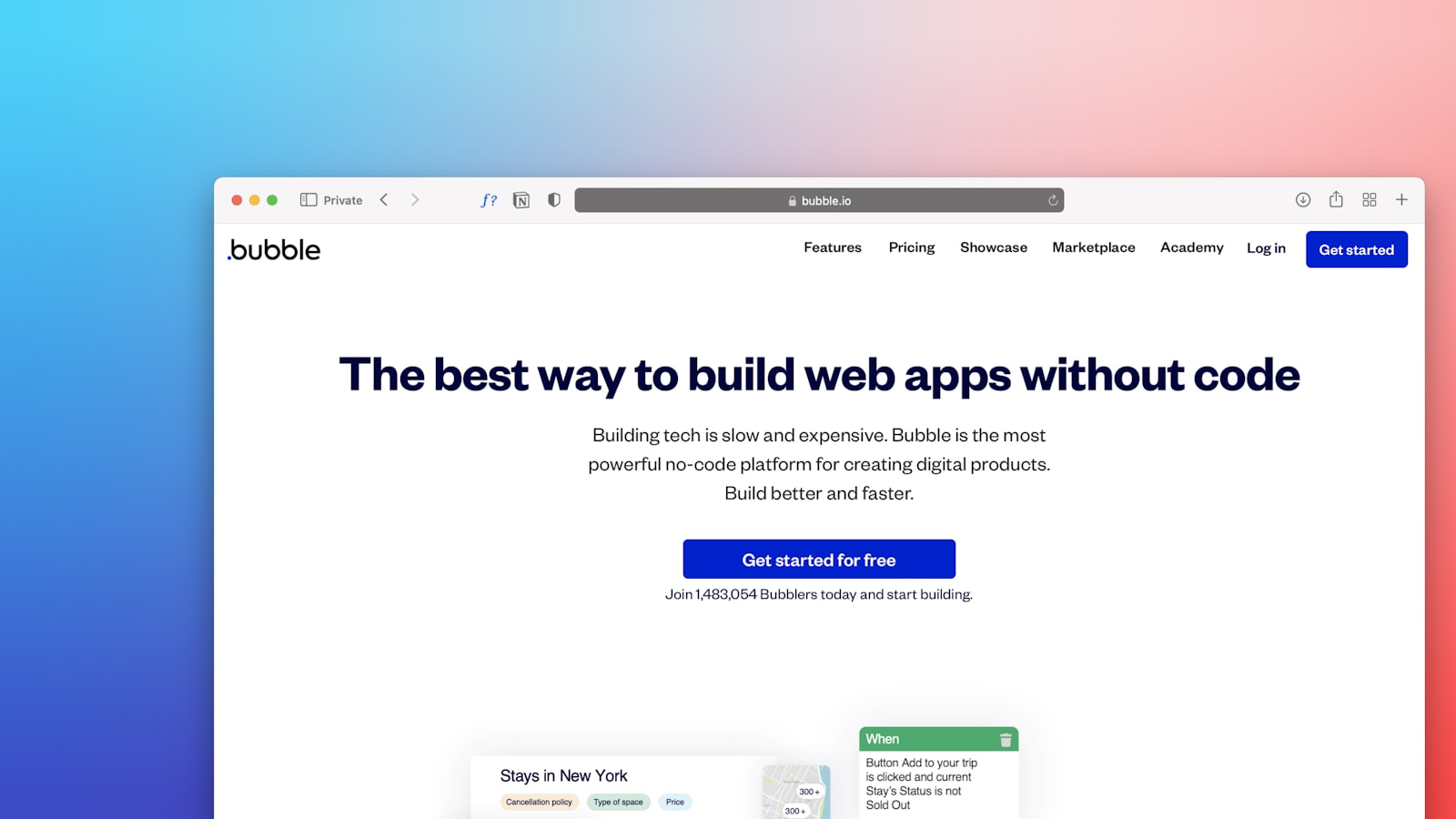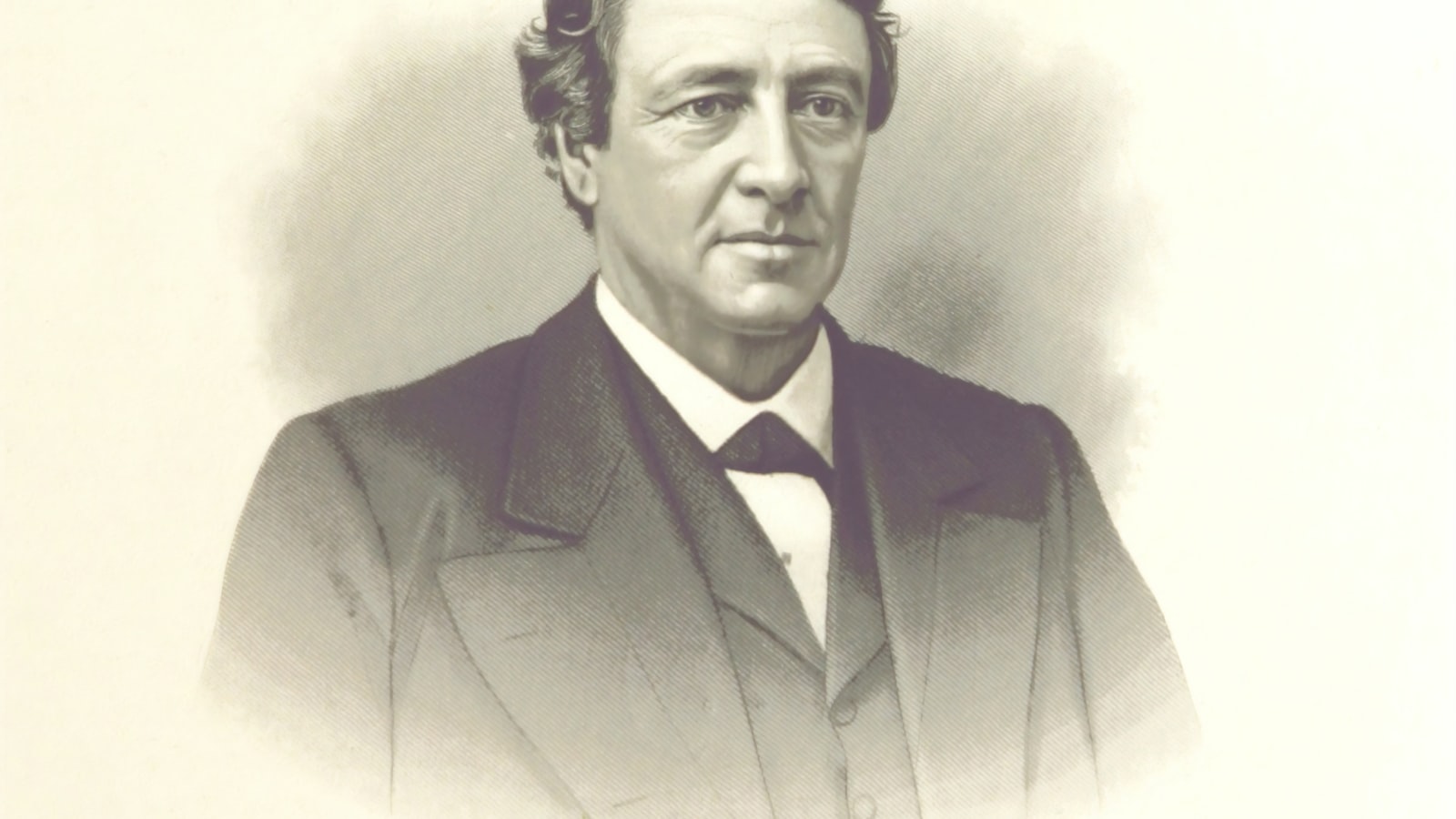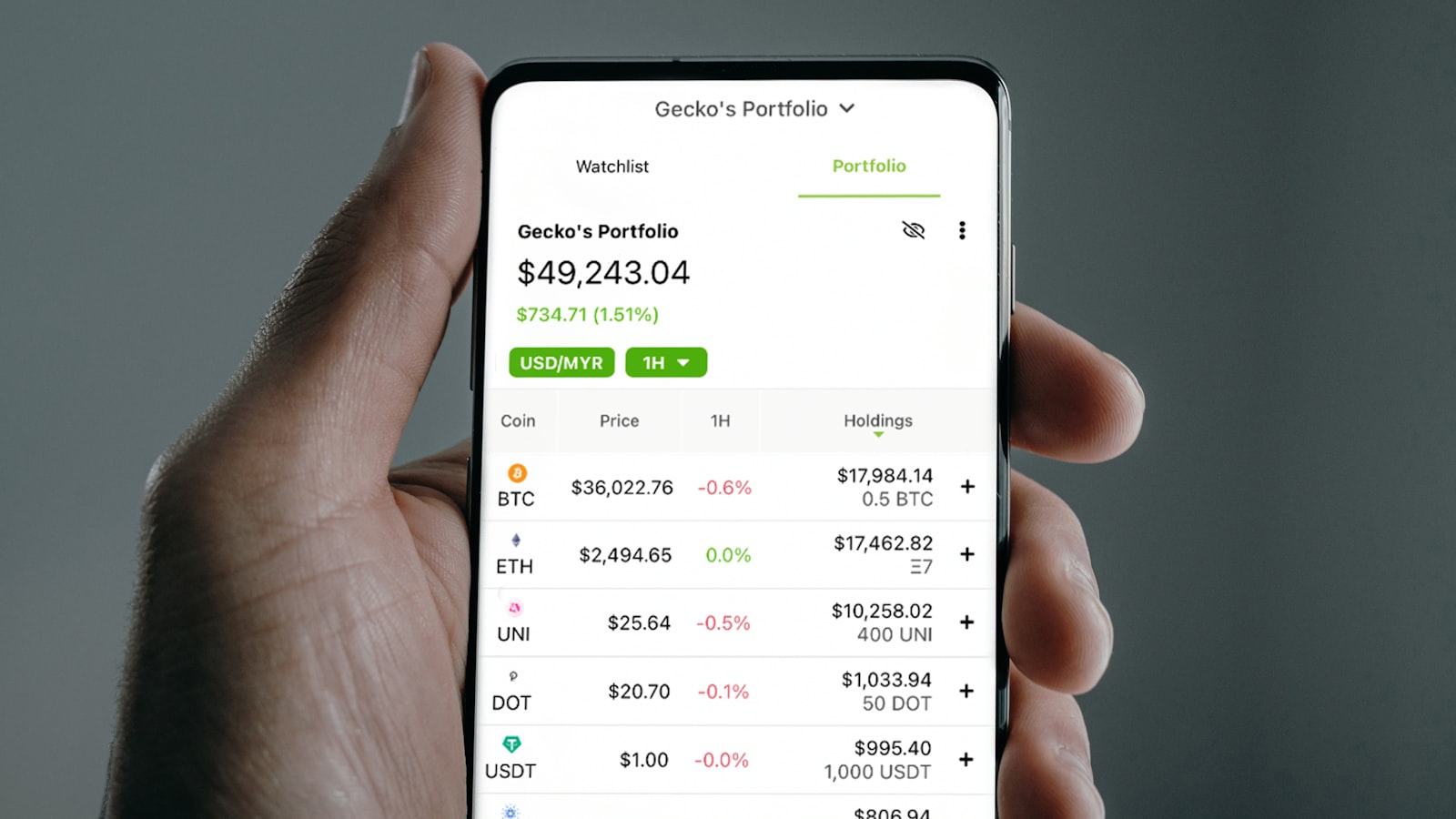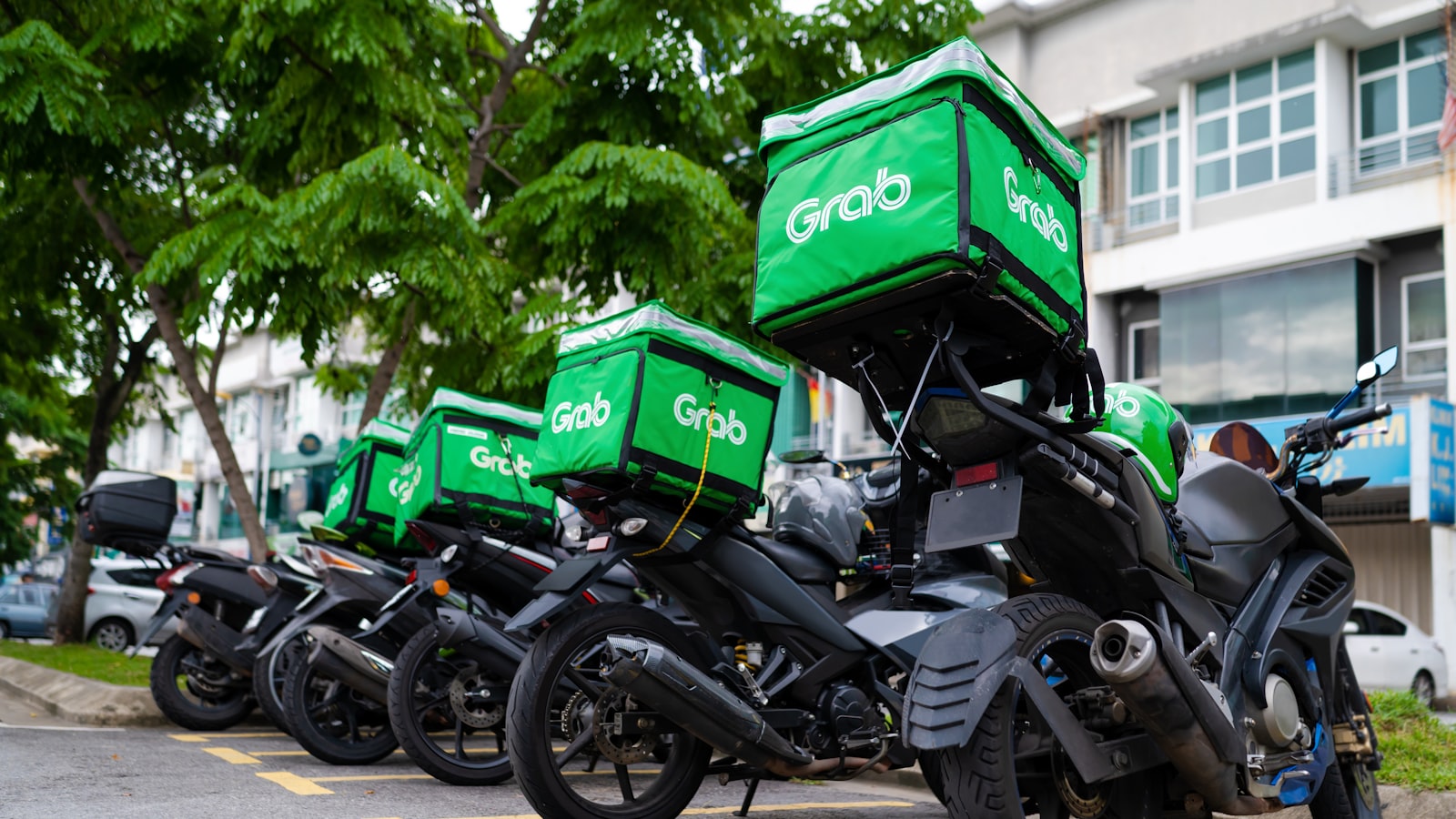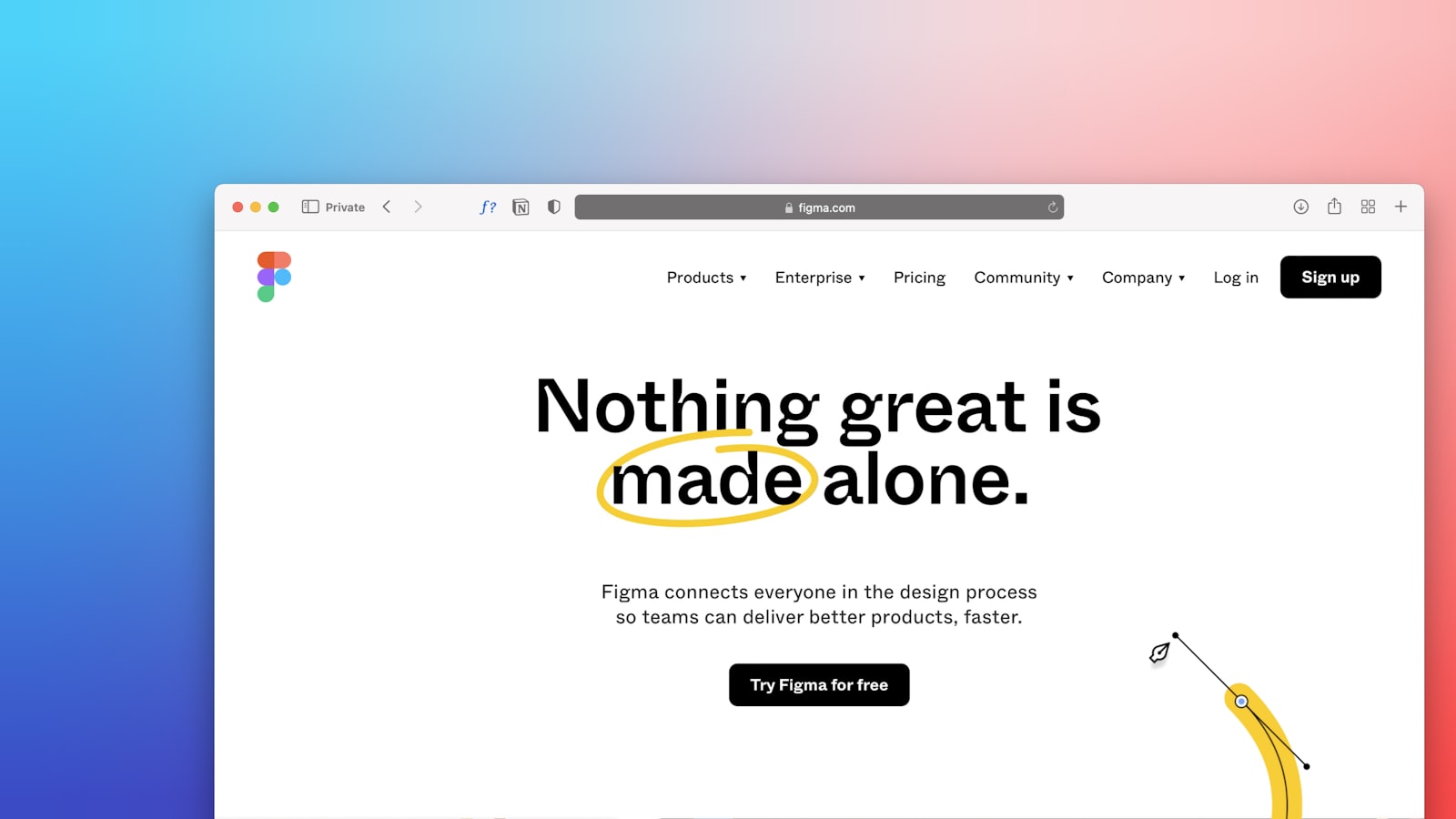Understanding RFP in Marketing- Definition, Process, and Best Practices
Understanding RFP in Marketing- Definition, Process, and Best Practices
Understanding RFP in Marketing- Definition, Process, and Best Practices
Learn what an RFP in marketing is, its process, and best practices to follow. Enhance your marketing strategies with effective RFPs.
Learn what an RFP in marketing is, its process, and best practices to follow. Enhance your marketing strategies with effective RFPs.



Understanding RFP in Marketing: Definition, Process, and Best Practices
What is an RFP in Marketing?
An RFP, or Request for Proposal, is a document that outlines a company's project needs so that potential vendors can submit proposals offering solutions and pricing. In marketing, an RFP is often used to find external partners for projects such as content creation, SEO, or PPC campaigns.
The RFP Process
Identify the project needs: Clearly define the project goals, scope, and requirements.
Research potential vendors: Look for vendors with experience in the required marketing services.
Create the RFP document: Include all necessary information about the project, timeline, and evaluation criteria.
Distribute the RFP: Send the document to selected vendors and provide a deadline for proposal submissions.
Evaluate proposals: Review and compare submissions based on the established criteria.
Select a vendor: Choose the vendor that best meets the project needs and negotiate the terms of the partnership.
Best Practices for Marketing RFPs
Be specific: Clearly outline the project goals, scope, and requirements to ensure accurate proposals.
Provide context: Share background information on your company, target audience, and marketing strategy to help vendors tailor their proposals.
Set a realistic timeline: Allow enough time for vendors to prepare their proposals and for your team to evaluate them.
Establish evaluation criteria: Determine the criteria you will use to compare proposals, such as pricing, experience, and proposed solutions.
Maintain open communication: Encourage vendors to ask questions and provide clarifications to ensure they fully understand the project needs.
Enhance Your Marketing Strategies with Effective RFPs
By following the defined RFP process and best practices, you can find the right marketing partners to help you achieve your business goals. An effective RFP process ensures that both your team and potential vendors are on the same page, leading to better project outcomes and more successful marketing strategies.
Understanding RFP in Marketing: Definition, Process, and Best Practices
What is an RFP in Marketing?
An RFP, or Request for Proposal, is a document that outlines a company's project needs so that potential vendors can submit proposals offering solutions and pricing. In marketing, an RFP is often used to find external partners for projects such as content creation, SEO, or PPC campaigns.
The RFP Process
Identify the project needs: Clearly define the project goals, scope, and requirements.
Research potential vendors: Look for vendors with experience in the required marketing services.
Create the RFP document: Include all necessary information about the project, timeline, and evaluation criteria.
Distribute the RFP: Send the document to selected vendors and provide a deadline for proposal submissions.
Evaluate proposals: Review and compare submissions based on the established criteria.
Select a vendor: Choose the vendor that best meets the project needs and negotiate the terms of the partnership.
Best Practices for Marketing RFPs
Be specific: Clearly outline the project goals, scope, and requirements to ensure accurate proposals.
Provide context: Share background information on your company, target audience, and marketing strategy to help vendors tailor their proposals.
Set a realistic timeline: Allow enough time for vendors to prepare their proposals and for your team to evaluate them.
Establish evaluation criteria: Determine the criteria you will use to compare proposals, such as pricing, experience, and proposed solutions.
Maintain open communication: Encourage vendors to ask questions and provide clarifications to ensure they fully understand the project needs.
Enhance Your Marketing Strategies with Effective RFPs
By following the defined RFP process and best practices, you can find the right marketing partners to help you achieve your business goals. An effective RFP process ensures that both your team and potential vendors are on the same page, leading to better project outcomes and more successful marketing strategies.
Understanding RFP in Marketing: Definition, Process, and Best Practices
What is an RFP in Marketing?
An RFP, or Request for Proposal, is a document that outlines a company's project needs so that potential vendors can submit proposals offering solutions and pricing. In marketing, an RFP is often used to find external partners for projects such as content creation, SEO, or PPC campaigns.
The RFP Process
Identify the project needs: Clearly define the project goals, scope, and requirements.
Research potential vendors: Look for vendors with experience in the required marketing services.
Create the RFP document: Include all necessary information about the project, timeline, and evaluation criteria.
Distribute the RFP: Send the document to selected vendors and provide a deadline for proposal submissions.
Evaluate proposals: Review and compare submissions based on the established criteria.
Select a vendor: Choose the vendor that best meets the project needs and negotiate the terms of the partnership.
Best Practices for Marketing RFPs
Be specific: Clearly outline the project goals, scope, and requirements to ensure accurate proposals.
Provide context: Share background information on your company, target audience, and marketing strategy to help vendors tailor their proposals.
Set a realistic timeline: Allow enough time for vendors to prepare their proposals and for your team to evaluate them.
Establish evaluation criteria: Determine the criteria you will use to compare proposals, such as pricing, experience, and proposed solutions.
Maintain open communication: Encourage vendors to ask questions and provide clarifications to ensure they fully understand the project needs.
Enhance Your Marketing Strategies with Effective RFPs
By following the defined RFP process and best practices, you can find the right marketing partners to help you achieve your business goals. An effective RFP process ensures that both your team and potential vendors are on the same page, leading to better project outcomes and more successful marketing strategies.
Need help with SEO?
Need help with SEO?
Need help with SEO?
Join our 5-day free course on how to use AI to get more traffic to your website!
Explode your organic traffic and generate red-hot leads without spending a fortune on ads
Claim the top spot on search rankings for the most lucrative keywords in your industry
Cement your position as the undisputed authority in your niche, fostering unshakable trust and loyalty
Skyrocket your conversion rates and revenue with irresistible, customer-centric content
Conquer untapped markets and expand your reach by seizing hidden keyword opportunities
Liberate your time and resources from tedious content tasks, so you can focus on scaling your business
Gain laser-sharp insights into your ideal customers' minds, enabling you to create products and content they can't resist
Harness the power of data-driven decision-making to optimize your marketing for maximum impact
Achieve unstoppable, long-term organic growth without being held hostage by algorithm updates or ad costs
Stay light-years ahead of the competition by leveraging cutting-edge AI to adapt to any market shift or customer trend
Explode your organic traffic and generate red-hot leads without spending a fortune on ads
Claim the top spot on search rankings for the most lucrative keywords in your industry
Cement your position as the undisputed authority in your niche, fostering unshakable trust and loyalty
Skyrocket your conversion rates and revenue with irresistible, customer-centric content
Conquer untapped markets and expand your reach by seizing hidden keyword opportunities
Liberate your time and resources from tedious content tasks, so you can focus on scaling your business
Gain laser-sharp insights into your ideal customers' minds, enabling you to create products and content they can't resist
Harness the power of data-driven decision-making to optimize your marketing for maximum impact
Achieve unstoppable, long-term organic growth without being held hostage by algorithm updates or ad costs
Stay light-years ahead of the competition by leveraging cutting-edge AI to adapt to any market shift or customer trend
Explode your organic traffic and generate red-hot leads without spending a fortune on ads
Claim the top spot on search rankings for the most lucrative keywords in your industry
Cement your position as the undisputed authority in your niche, fostering unshakable trust and loyalty
Skyrocket your conversion rates and revenue with irresistible, customer-centric content
Conquer untapped markets and expand your reach by seizing hidden keyword opportunities
Liberate your time and resources from tedious content tasks, so you can focus on scaling your business
Gain laser-sharp insights into your ideal customers' minds, enabling you to create products and content they can't resist
Harness the power of data-driven decision-making to optimize your marketing for maximum impact
Achieve unstoppable, long-term organic growth without being held hostage by algorithm updates or ad costs
Stay light-years ahead of the competition by leveraging cutting-edge AI to adapt to any market shift or customer trend






























































